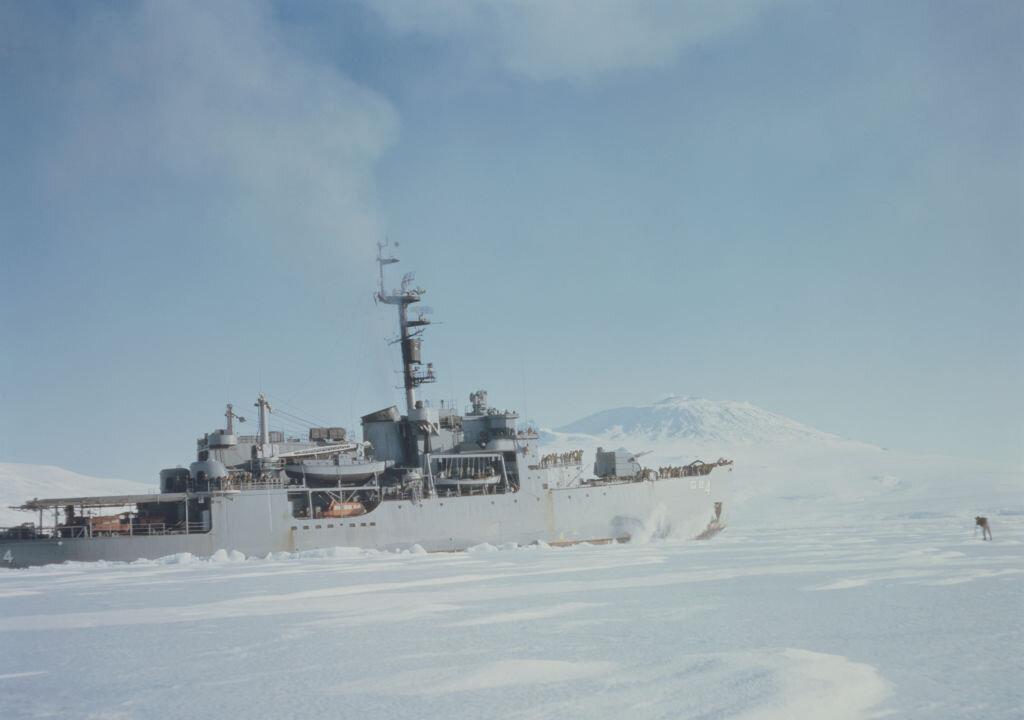Russia has discovered massive oil and gas reserves in the Antarctic region, prompting concerns that it would conduct drilling in the region, a move that would violate international policy.
The discovery was made by RosGeo, Russia’s state-run geological surveyor.
The 1959 Antarctic Treaty, to which Russia is a signatory, bans all oil exploration, mining, and any activity related to other mineral resources in Antarctic to protect the area’s environment and ecosystem, with the only exception for non-military scientific research.
While Russia’s move to size up offshore oil and gas potential in the region has raised concerns that it would stoke political tensions, David Rutley, Parliamentary Under-Secretary of State for Americas and Caribbean, said that the latest discovery was only for scientific purposes.
Claire Christian, the executive director of the Antarctic and Southern Ocean Coalition (ASOC), noted that the Antarctic “has always been a place where countries can put aside their political differences.”
“So to endanger that would be extremely unfortunate at a time when there is so much geopolitical conflict,” he said.
The prices of oil and gas in Europe have surged following Russia’s invasion of Ukraine, prompting calls on the UK government to reduce its reliance on Russian oil. The Russian government has also increasingly restricted the supply of gas to continental Europe, leading to gas shortages in the region.
“Until 2022, a significant proportion of oil and diesel consumed in the UK was imported directly from Russia. In 2021, just under a fifth of UK diesel originated in Russia, while the UK had also sourced around 5 percent of its jet fuel supply from Russia.”
“Although it does not rely directly on Russian energy supplies, the UK’s continued dependence on fossil fuels leaves it heavily exposed to volatility on international commodity markets for oil and gas. The wholesale price of gas drives the price of energy supplied to domestic and commercial customers in the UK.”
Meanwhile, China became the top buyer of Russian oil, importing 1.82 million barrels per day of Russian crude by sea in March.




